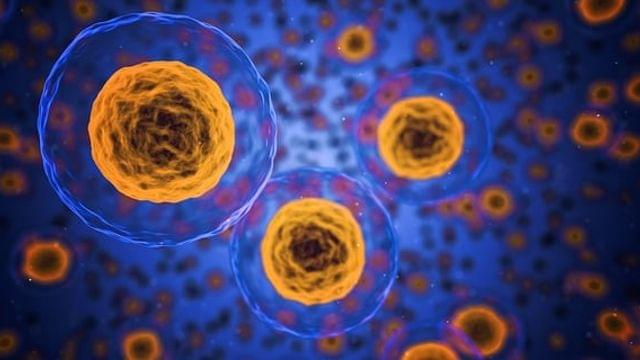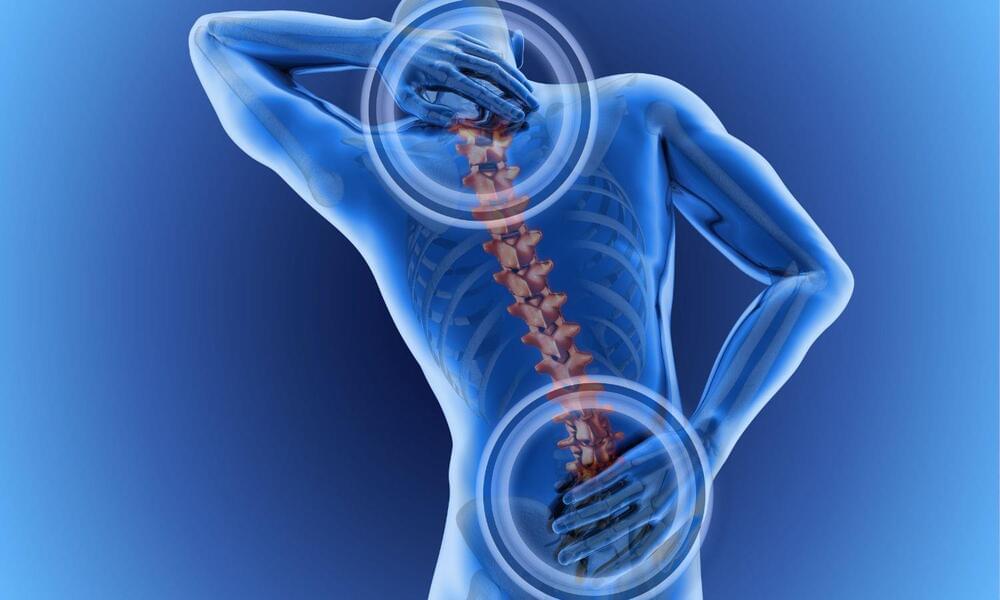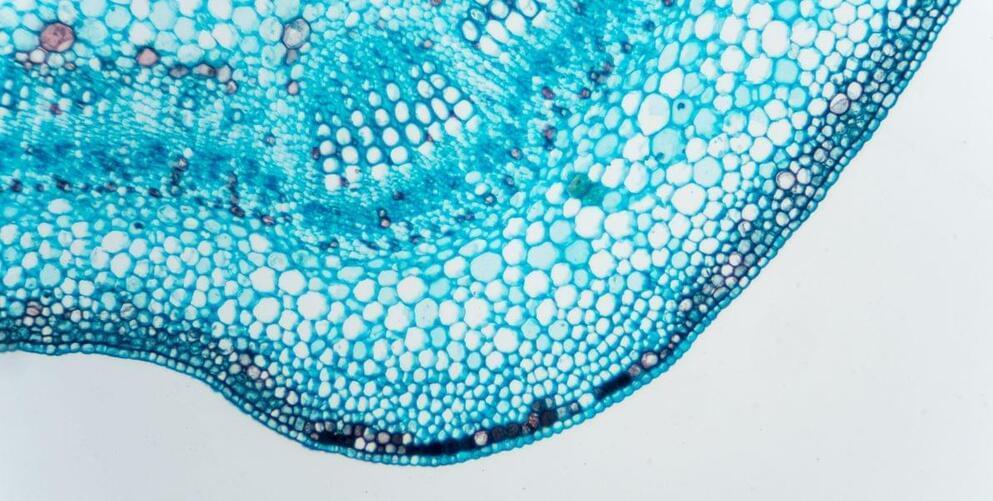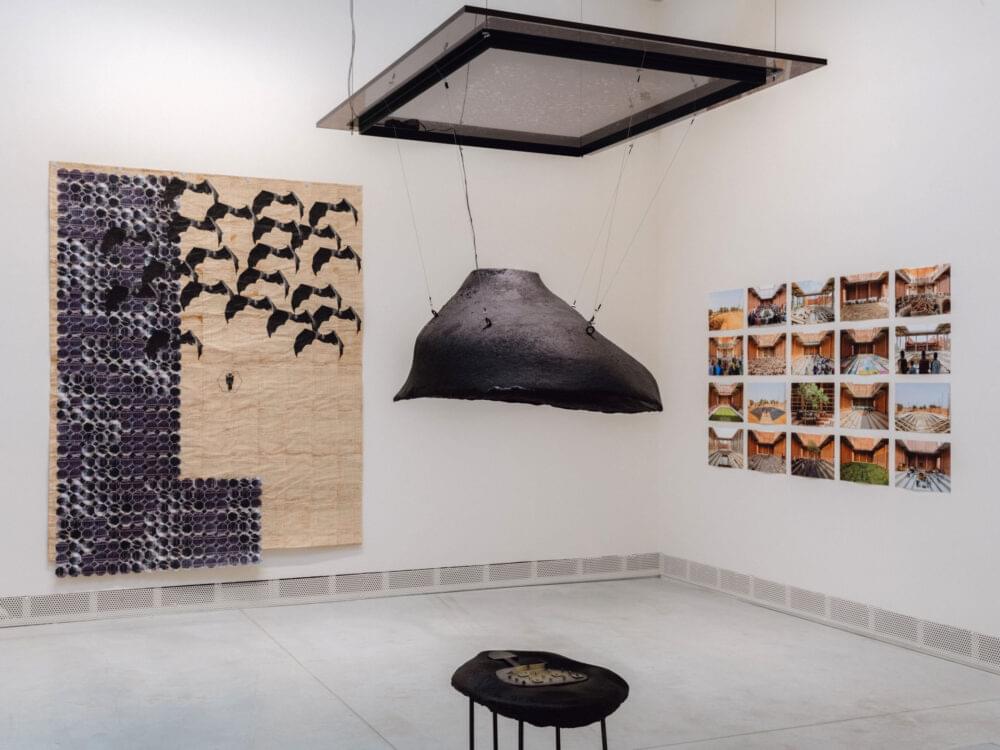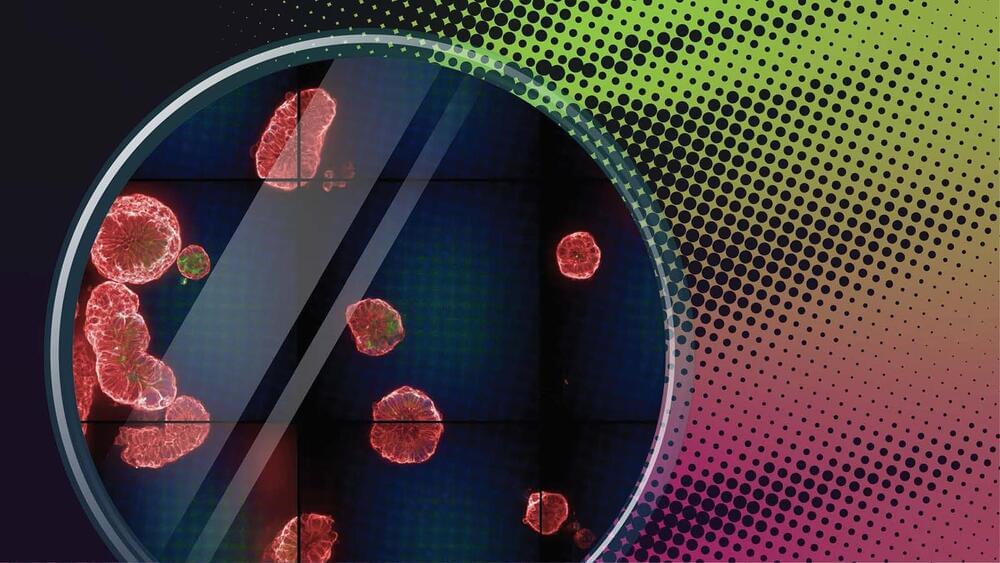Psychedelics are known for inducing altered states of consciousness in humans by fundamentally changing our normal pattern of sensory perception, thought and emotion. Research into the therapeutic potential of psychedelics has increased significantly in the last decade.
While this research is important, I have always been more intrigued by the idea that psychedelics can be used as a tool to study the neural basis of human consciousness in laboratory animals. We ultimately share the same basic neural hardware with other mammals, and possibly some basic aspects of consciousness, too. So by examining what happens in the brain when there’s a psychedelically induced change in conscious experience, we can perhaps glean insights into what consciousness is in the first place.
We still don’t know a lot about how the networks of cells in the brain enable conscious experience. The dominating view is that consciousness somehow emerges as a collective phenomenon when the dispersed information processing of individual neurons (brain cells) is integrated as the cells interact.

